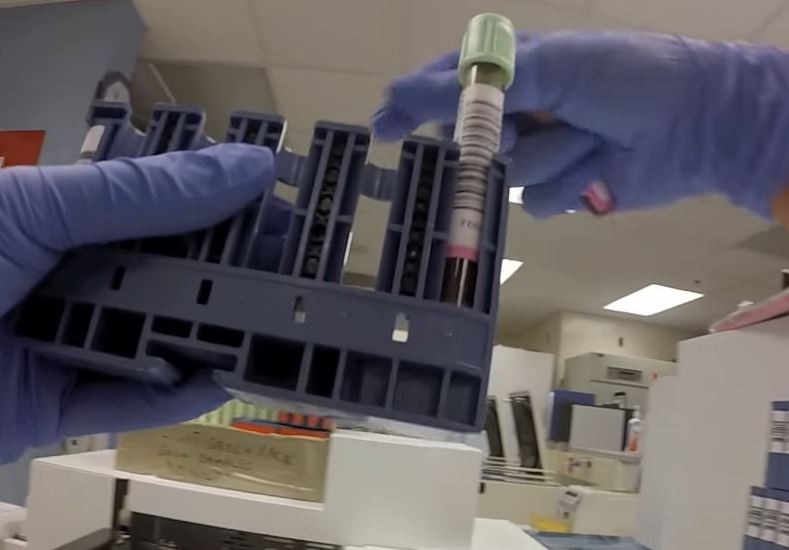What is a Blood Alcohol Test and How is it Administered:
Have you faced a blood alcohol test in Denton? Call for a free consultation.
The state of Texas has approved two separate chemical tests to determine a person’s blood alcohol level: the blood alcohol test (or “BAC test”) and the breath chemical test. While urine analysis is sometimes used, the results only indicate that a certain substance was consumed. A urine analysis cannot determine if someone has consumed alcohol to the level required for a DWI/DUI conviction.
Texas, like most states, has implied consent laws. This means that if you are arrested by an officer who has probable cause to believe you have been driving while intoxicated, you automatically consent to one or more chemical tests to measure your blood alcohol content. It is assumed that if you are driving a car on a public roadway in Texas, you have given consent to a chemical test. While you have the right to refuse the test, failure to consent can result in an administrative suspension of your driving privileges. The arresting officer has the choice of whether to administer a breath chemical test or a blood test. The officer, however, must follow certain guidelines pursuant to Texas law.
If the driver is unconscious and unable to give consent to a chemical test, consent will be interpreted as implied, and the officer can order a blood test to be administered. Further, refusal of a chemical test will not be honored if your DWI/DUI arrest occurs in a county with a “No Refusal” policy. The arresting officer will simply obtain a search warrant that allows for a forced blood draw.
If a blood alcohol test is required or consented to, the arresting officer may use a “blood kit” to obtain the blood sample. The blood kit is completely self-contained and the officer shall only direct a physician, qualified technician, chemist, registered professional nurse, or licensed vocational nurse to withdraw the blood samples while in the officer’s presence.
Most “No Refusal” programs have jail or hospital nurses readily available to draw blood. Additionally, a number of police departments are training officers to become certified to draw blood.
How to Challenge a Blood Alcohol Test:
Blood samples can become compromised due to the large amount of human intervention needed to draw, preserve, transport, and test blood samples. There are simply to many opportunities for contamination within the chain of custody for the blood sample. This high margin of error makes it possible to challenge the results of your blood sample in court when it is time for your DWI/DUI trial.
The first point of contact in the chain of custody comes when your blood sample is given to the arresting officer who will seal the sample, repackage the vials into the blood kit, and take the blood kit to the proper laboratory for analysis of your blood alcohol content. The arresting officer is responsible for preserving the sample until it is delivered to the forensic lab for testing. If the sample cannot be delivered within 24 hours of administration of the test, the arresting officer must refrigerate the sample.
Failing to refrigerate a blood sample is a crucial step because blood can ferment if left exposed to heat for too long. If fermentation does occur, it will result in an increased blood alcohol level in the blood sample. Increased blood alcohol levels can also occur if the blood sample was contaminated in any way. If contamination or lack of refrigeration can be determined, your attorney can challenge the results of your blood test.
If the arresting officer takes a blood sample from a driver, the driver may conduct a separate, independent analysis through an independent forensic laboratory. Independent testing allows the opportunity to double-check and confirm the work of the State’s forensic laboratory. However, if an increased blood alcohol level occurs due to human error, as outlined above, the error likely affected all samples, and an independent test will show the same, incorrect results. There is no sanction against the State of Texas if you are unable to obtain an independent sample because you are incarcerated as a result of the DWI/DUI arrest.
Although it’s been simplified here, the process of testing the alcohol level of blood is complex and can often times lead to inaccurate results. It is important to have quality and effective legal representation to assist you in challenging inaccurate sample results.





